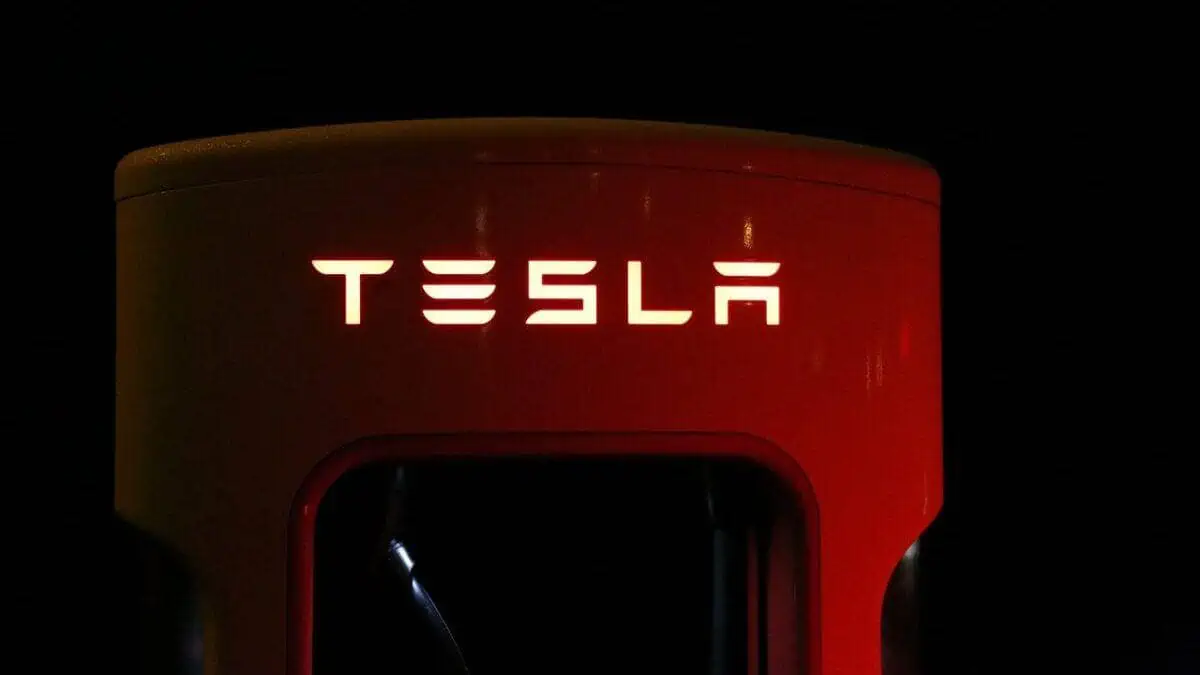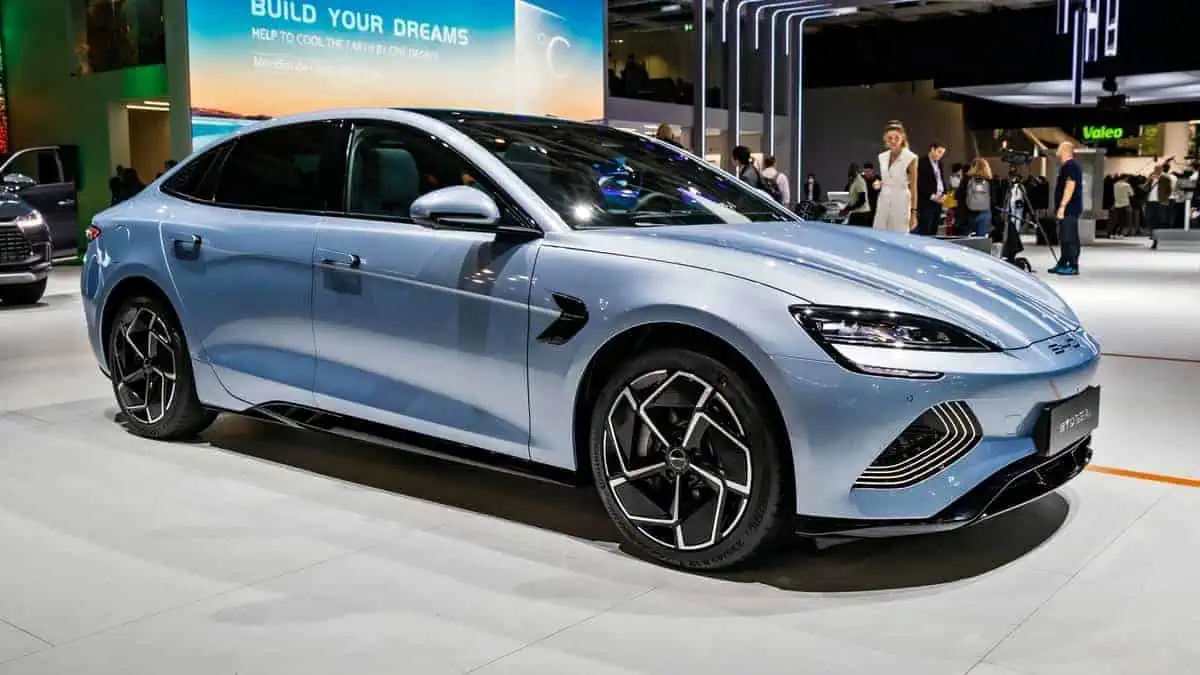Electric vehicle giant Tesla has just advised the federal government to adopt more stringent fuel economy standards than the latest National Highway Traffic Safety Administration proposal, Reuters reports.
NHTSA’s proposal
The NHTSA released its latest proposal in July to increase average mileage by 2% for passenger cars and 4% for light trucks and SUVs annually from 2027 to 2032 under the Corporate Average Fuel Economy (CAFE) standards.
It is a crucial move for the government to hit its target of 58 miles/gallon annual average fuel economy by 2032.
The US Department of Transportation believes these new standards will cut over 900 million tons of carbon emissions.
Tesla’s take
In contrast to the NHTSA’s July proposal, Tesla suggests further raising the requirements for passenger cars by 6% per year.
The Musk-led company also suggests to boost the CAFE standards for trucks and SUVs by 8%.
Tesla claims that increasing the fuel economy requirement would best “conserve energy and address climate change.”
Oppositions
The report indicated that a group representing GM, Toyota, and Volkswagen, along with almost all other automakers, oppose the US regulators’ proposal. They demand the agency to reassess its proposed CAFE standards, according to Drive Tesla Canada.
The American Automotive Policy Council also prompted the NHTSA to reduce the percentage of trucks by 50% to 2%.
The Council indicated that Ford, GM, and Stellantis’ trucks production account for 83% of their overall volume.
However, the NHTSA upholds its proposal as it aims “saving Americans money at the gas pump and strengthening American energy independence.”
See Also:
- Thai Prime Minister courts Tesla, meeting set in November
- Filings show a new Tesla Model Y with an optional radar feature in China
- Tesla to predict Supercharger availability and user wait times with 2023.38 software update
- Tesla sold 435k cars in Q3 2023, to release earnings on October 18
- Tesla’s job ad hints at imminent humanoid robot production
The NHTSA’s latest fuel economy standard proposal can accelerate the US goal of achieving a 60% electric vehicle market share by the end of the decade.
It would be interesting to see if the US regulators will positively respond to Tesla’s request or if it will listen to all other automakers’ calls for reevaluation.






